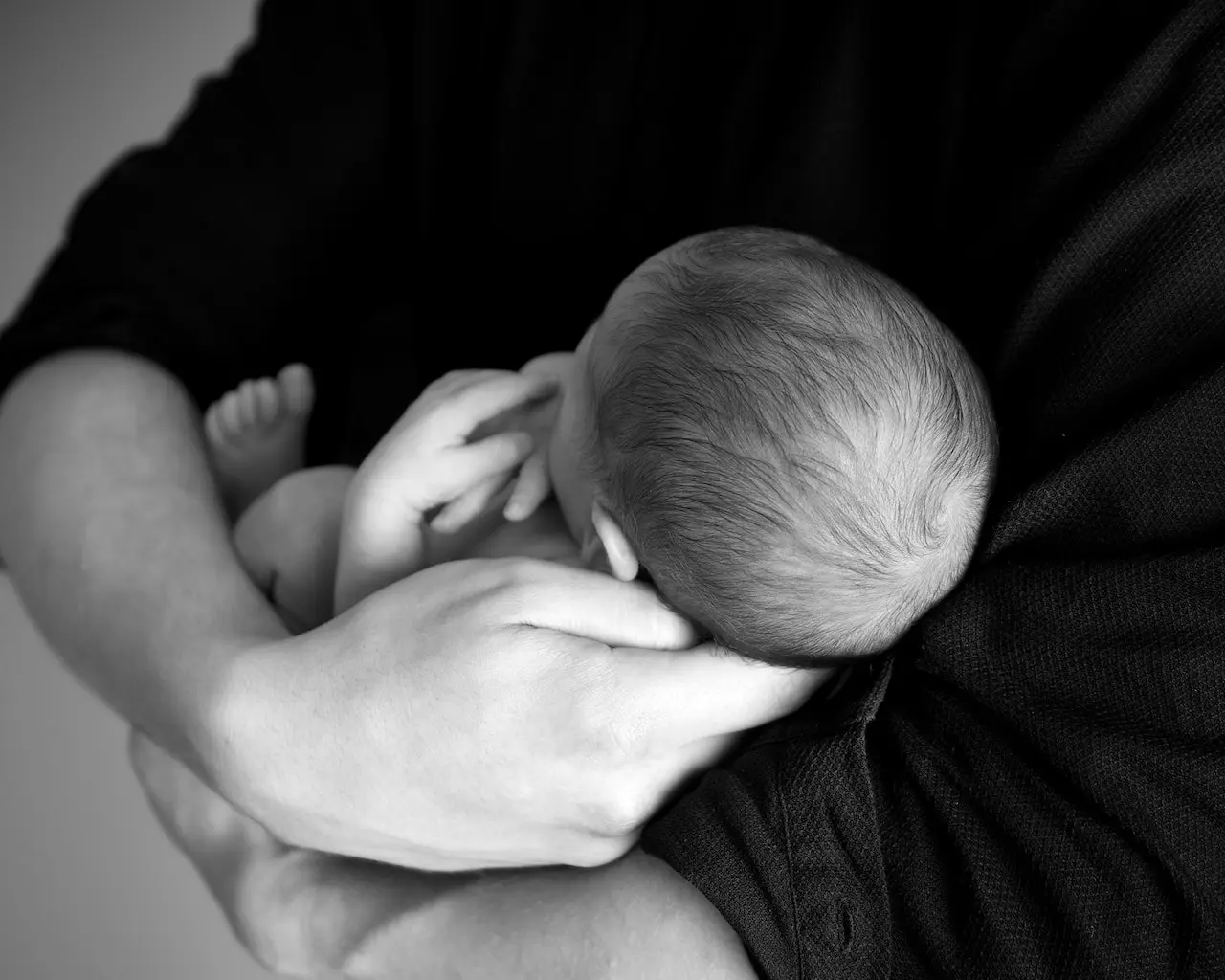Cerebral Palsy and Medical Malpractice Claims in South Carolina

Cerebral palsy is a neurological condition that can profoundly impact individuals and their families. While often caused by factors beyond anyone’s control, there are instances where medical malpractice may contribute to the development of cerebral palsy. In South Carolina, understanding the intersection of cerebral palsy and medical malpractice is crucial for those seeking clarity and potential legal recourse without overlooking the nuanced nature of these cases.
The Landscape of Cerebral Palsy
Cerebral palsy is a group of disorders affecting movement, posture, and coordination, often originating from brain damage during early development. It’s important to note that many cases arise naturally, without any connection to medical negligence. However, in some unfortunate situations, medical malpractice may play a role in the development of cerebral palsy.
Recognizing Potential Indicators
Parents and caregivers should be vigilant in recognizing potential indicators that could suggest a connection between medical malpractice and cerebral palsy. These indicators may include birth injuries, lack of oxygen during delivery, or inadequate monitoring of fetal distress. However, it’s crucial to consult with medical professionals to obtain a comprehensive understanding of the specific circumstances.
The Legal Aspects in South Carolina
South Carolina, like other states, has specific legal considerations when pursuing a medical malpractice claim related to cerebral palsy. Establishing a connection between medical negligence and the condition requires a thorough examination of medical records, expert testimony, and a comprehensive understanding of the legal framework. It’s advisable to seek the guidance of an experienced attorney to navigate the complexities of these cases.
Burden of Proof in Cerebral Palsy Cases
Proving medical malpractice in cerebral palsy cases involves demonstrating that a healthcare professional deviated from the standard of care expected and that this deviation directly led to the child’s condition. This process often requires expert witnesses and a meticulous review of the medical history. It’s important to approach these cases with sensitivity, acknowledging the emotional toll on families while maintaining a commitment to seeking truth and justice.
Raising Awareness and Prevention
While grappling with the aftermath of cerebral palsy, it’s essential to emphasize the importance of awareness and prevention. Healthcare providers must continually strive to improve practices, implement safety measures, and stay informed about the latest advancements in neonatal care. Additionally, educating parents and caregivers about their rights, available resources, and the signs of potential medical negligence can contribute to a safer healthcare environment.
Conclusion
Cerebral palsy cases involving medical malpractice are complex and emotionally charged. Navigating this terrain requires a delicate balance of empathy and determination to seek answers. Understanding the landscape of cerebral palsy, recognizing potential indicators, and being aware of the legal aspects in South Carolina are crucial steps for those seeking clarity and potential legal recourse. By fostering awareness and continuous improvement within the healthcare system, we can collectively work towards preventing instances of medical malpractice and providing support for families affected by cerebral palsy.

